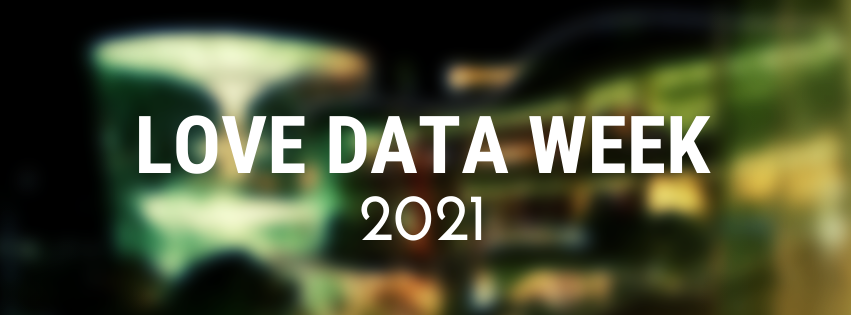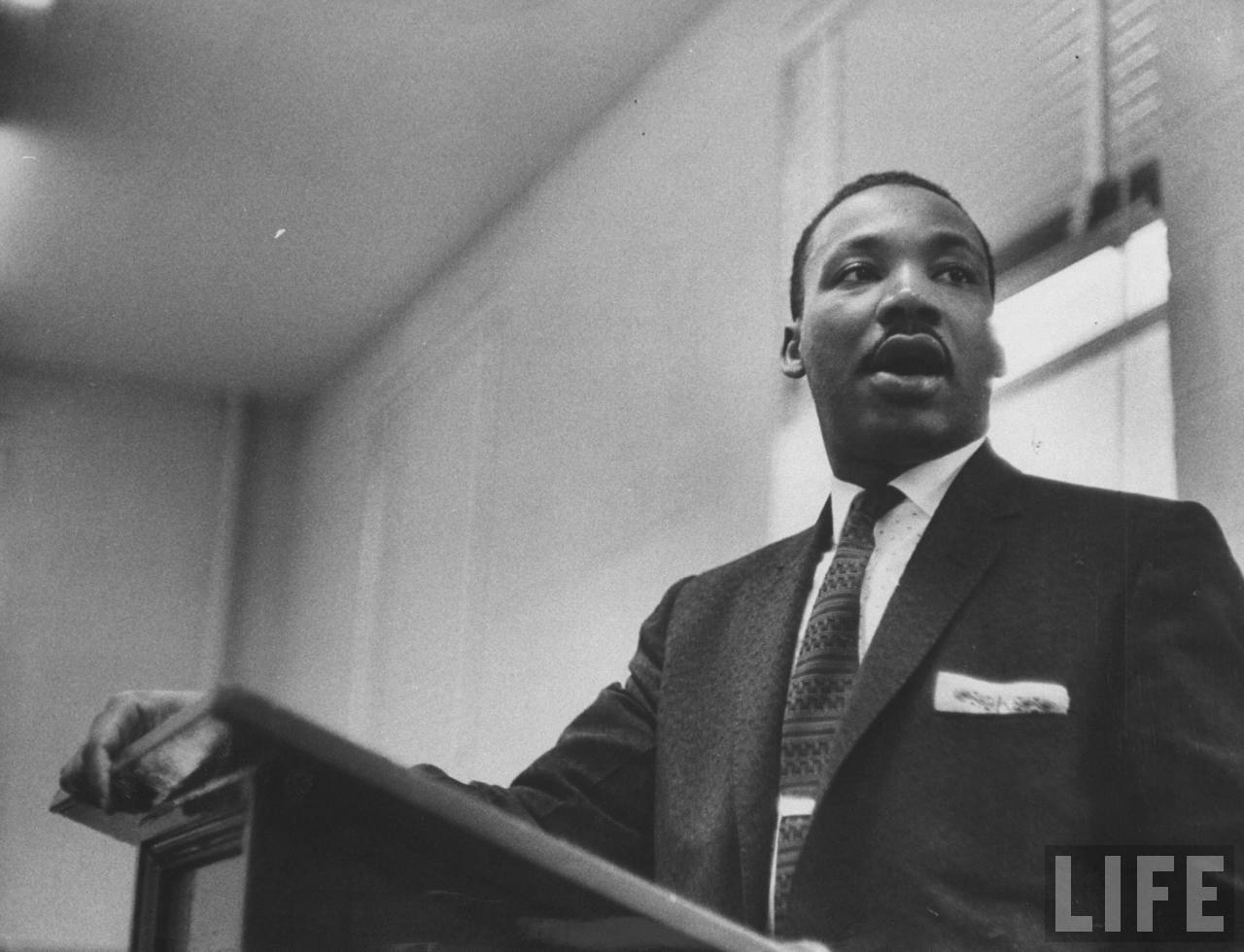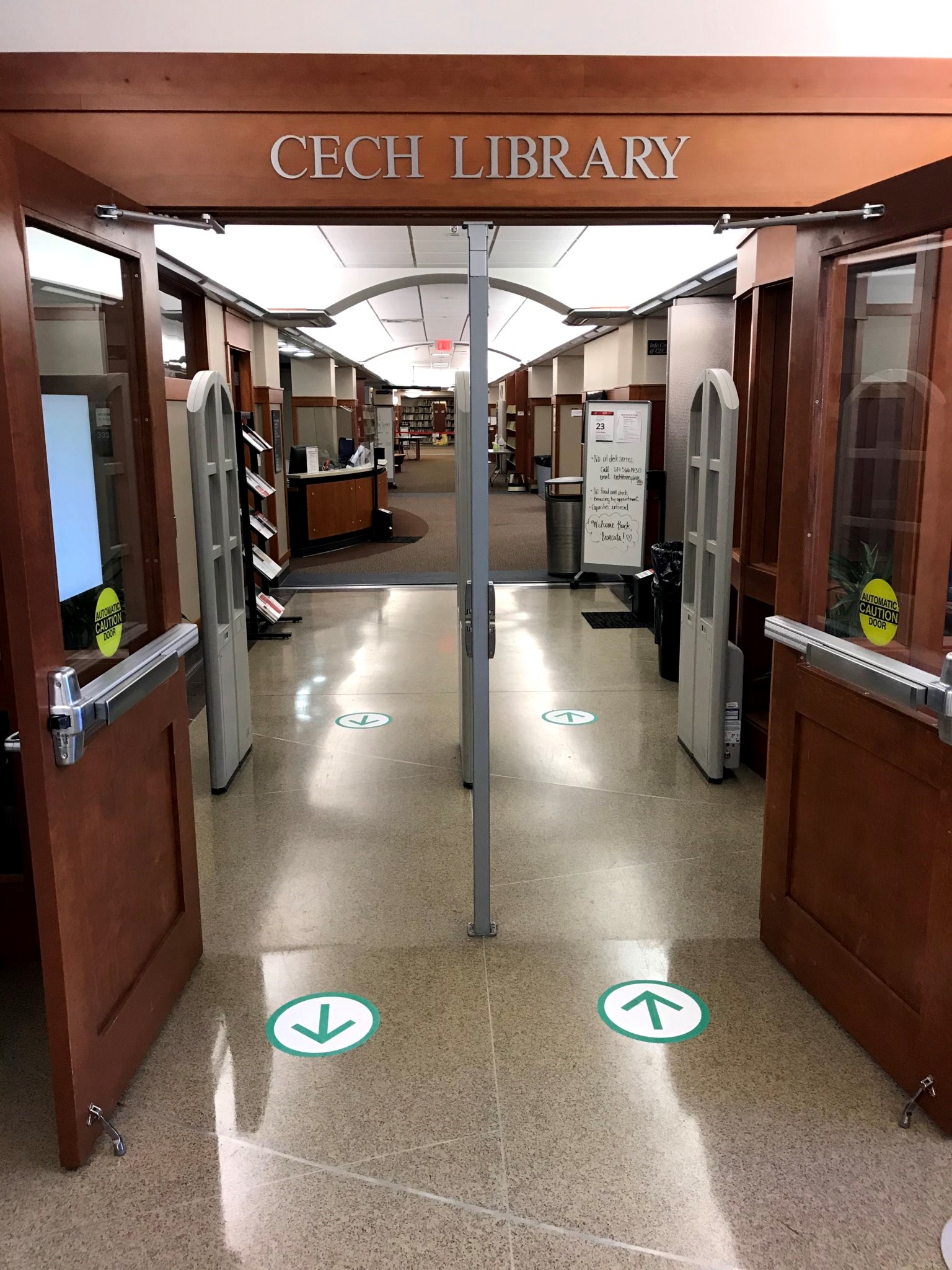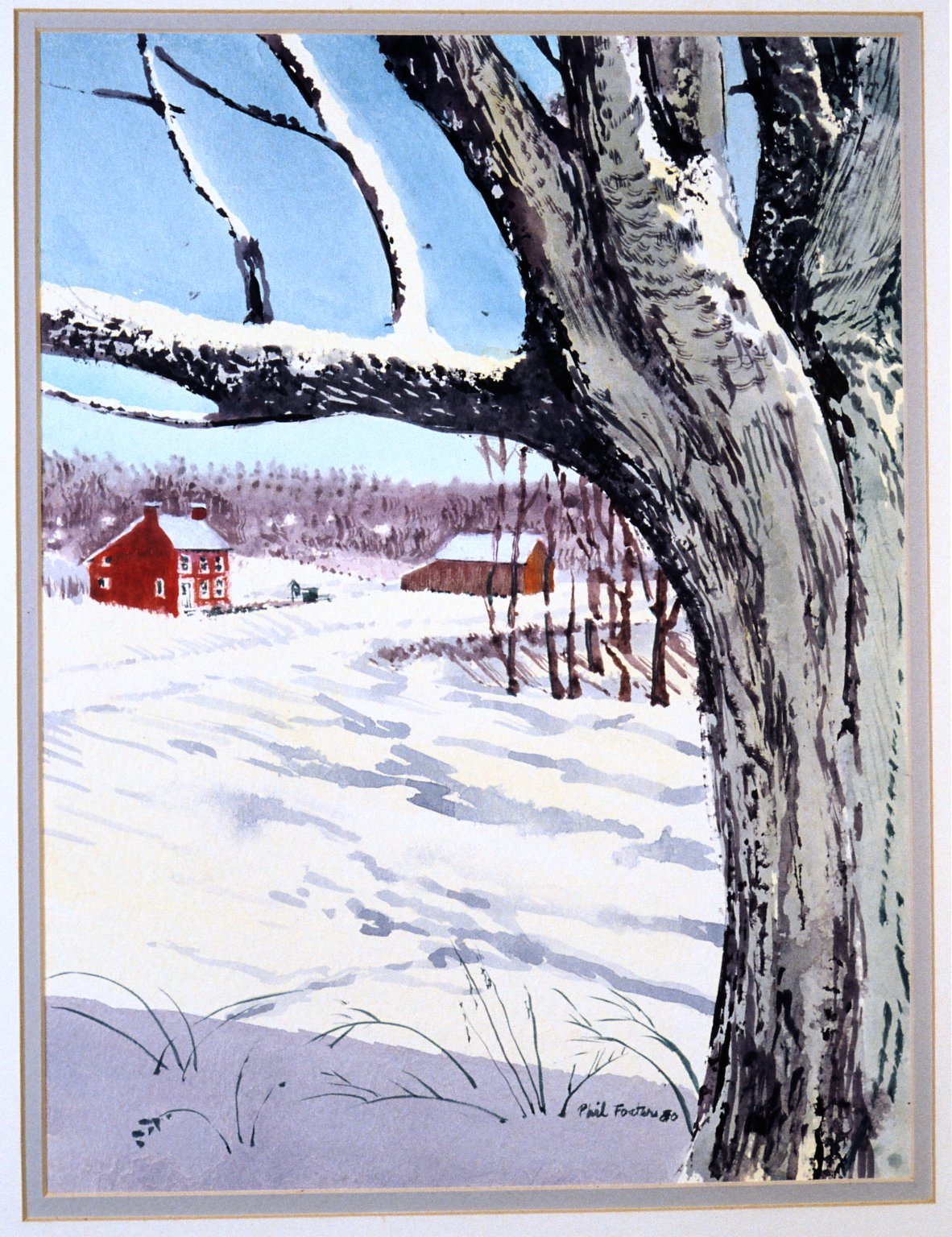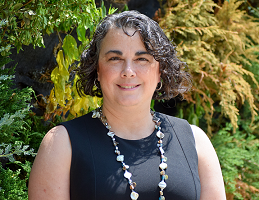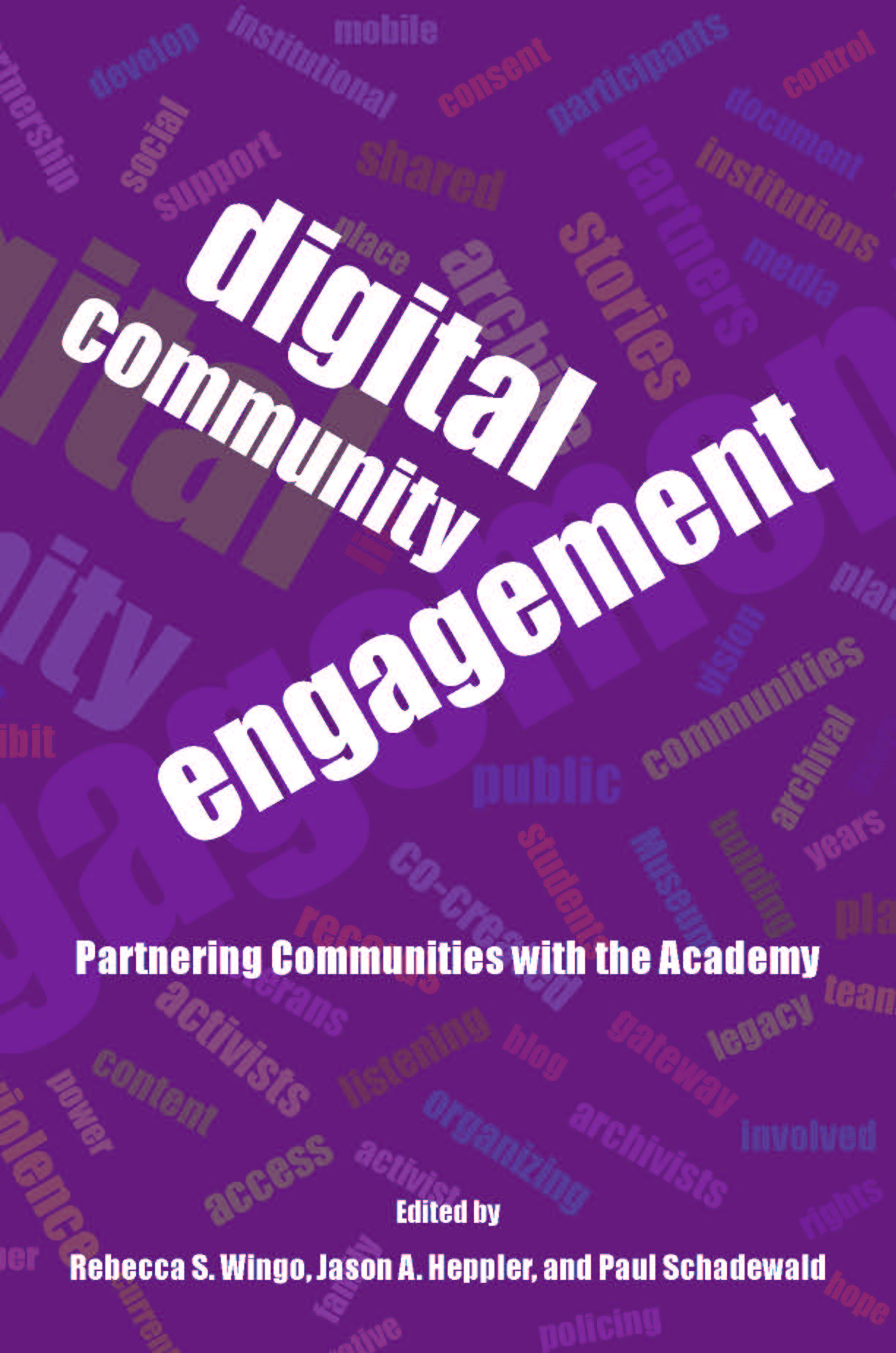 The University of Cincinnati Press publication edited by Rebecca S. Wingo, Jason A. Heppler, and Paul Schadewald, Digital Community Engagement: Partnering Communities with the Academy has won 2021 Best New Book of the Year from the National Council on Public History. Each year, the Council selects one book in the area of public history theory, study or practice.
The University of Cincinnati Press publication edited by Rebecca S. Wingo, Jason A. Heppler, and Paul Schadewald, Digital Community Engagement: Partnering Communities with the Academy has won 2021 Best New Book of the Year from the National Council on Public History. Each year, the Council selects one book in the area of public history theory, study or practice.
Available via open access on Manifold, Digital Community Engagement brings together cutting-edge campus-community partnerships with a focus on digital projects. Through a series of case studies authored by academics and their community partners, this collection explores models for digital community engagement that leverage new media through reciprocal partnerships. The contributions to this volume stand at the crossroads of digital humanities, public history, and community engagement.
“The team at UC Press made the whole process easy, and the TOME grant made the open access publication possible. My co-editors and I decided early on that this book in particular required open access publication. We spoke to a lot of different presses and we most closely matched with UC Press’ mission,” said Rebecca Wingo, editor of Digital Community Engagement.
“It is fitting that our first award-winning book was published in open access and print in order to inspire engagement to the widest audience possible. As a university press focused on publishing interactive books designed to brings authors and readers together, we are delighted to see this edited volume win a national prize in a discipline that connects the academy to the community,” said Elizabeth Scarpelli, director of the University of Cincinnati Press.

